From Panama to Paradise: When money reminds us of personal responsibility
The data leaks of Panama and Paradise are provoking global outrage. Millions of electronic documents have minutely revealed how rich, important, or famous people and great companies all over the world are seemingly habitual in trying to cheat the same society which grants them their positions, pays their salaries, listens to their songs, celebrates their victories, entrusts them with offices or purchases their products. The consequences and whether society will react with any concrete measures at all are by far not yet clear. The following, however, is a very brief reflection of something I guess may become more and more important.
What money does is expressing and comparing value in society. Having and earning money is consequently a way (though still not the only way) of reassuring oneself how much one is valued in society. However, as the great German sociologist Georg Simmel (1900) emphasized, though money is fundamentally a claim upon society (see Hart 2001 or Dodd 2014 for good explorations of this Simmelian premise) its capacity to measure abstract value only inevitably increases the distance between personality and possession. One effect of course is that if money is deemed impersonal one can always blame the monetary system at large for the failures of self and humanity. Now, while Panama and Paradise do at first sight reveal another embarrassing instance of systemic failure – isn’t it outright remarkable how much in these cases we see conrete problems in the world of money getting connected to concrete names?
The list (for example on wikipedia) of culprits is rapidly growing: From Louis Hamilton to Queen Elizabeth; from James Meyer Sassoon (the 2007 president of the international Financial Action Task Force on Money Laundering) to Bono, Madonna, Shakira, Justin Timberlake and Prince Charles; or from Gerhard Schröder (former German Chancellor) to Russian money and Wilbur Ross (United States Secretary of Commerce); from Nike to Apple, Walmart, Facebook, Allianz, Amazon and Deutsche Bank; and even throughout elite universities such as Cambridge, Oxford, Stanford, Yale etc. – these and many more otherwise “valued” public names from all over the world are now to be put on the pillory of asocial behaviour. Thus, in marked contrast to what Simmel reckoned – and here Panama and Paradise may only provide us with a foretaste of what is to come – it is getting increasingly difficult to keep the value of having money apart from what you actually do with your money and how it actually is that the rich are getting richer.
Of course nobility may be rare among the rich as long as richness suggests a valued position in society while impersonal money can still reward for associal behaviour – and as long as the rich are getting richer only because returns on capital grow faster than the economy (see Piketty 2014). However, the virtue of money may be changing when inherent problems do connect to names! In contrast to Simmel’s time, ours is increasingly an age of virtual money, of digital memory and of personal networks, where every trans-“act”-ion creates not distance and alienation in the first place but knots and traces which do describe and memorize a person’s life and character – the connections we make, the personal judgements and investments, the possessions, the shares, the stakes … and the effects (see Zickgraf 2017). If there is something good with Panama and Paradise it is that these cases show that the possession of money should remind us of personal responsibility, too.
Just to be fair, the connections, mechanisms, moral failures and crimes that were disclosed through Panama and Paradise are perhaps not always fully understood even by the people who do, by now, find themselves listed. For the time being it might still be possible and perhaps even just, in some cases, to blame systemic failure, false advisors, intermediaries and the complexity of offshore capital – but it will be fairly hard for those who are next, to keep on claiming that they actually did not know what they were involved in.
It remains to be seen what really happens. Meanwhile with regard to Panama, Paradise and beyond, personal responsibility could start with two or three things everybody can do:
- sign this petition, since better regulations and more immediate consequences may still be the order of the day
- get perhaps more concious about personal monetary capacity, personal monetary footprints, and of what it means to have personal value in society
- google the names and google the connections before you invest – be it by offering your money or your attention, your likes or your votes!
—
References:
Dodd, Nigel. 2014. The Social Life of Money. New Jersey, Princeton University Press.
Hart, Keith. 2001. Money in an unequal world. New York, Texere.
Simmel, Georg. (1900) 2005. The philosophy of money. Third enlarged edition. Edited by David Frisby. Translated by Tom Bottomore and David Frisby. London: Routledge.


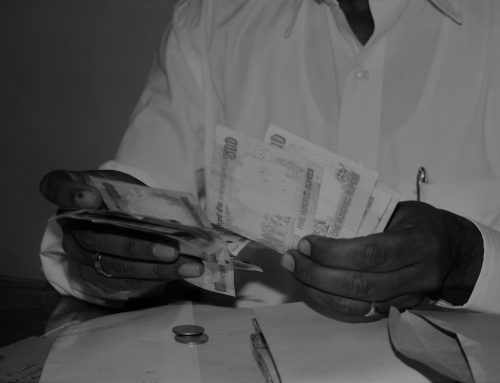
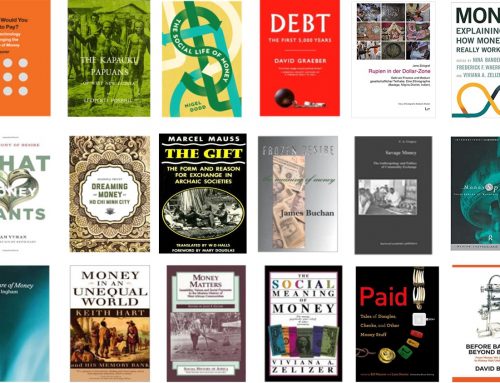
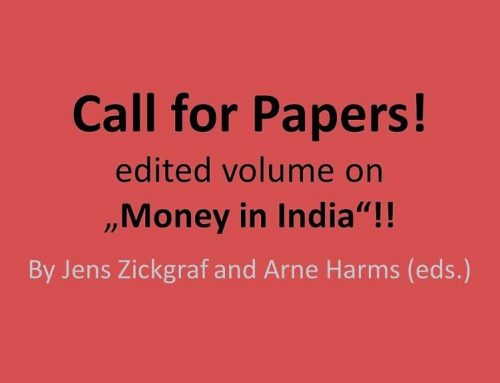
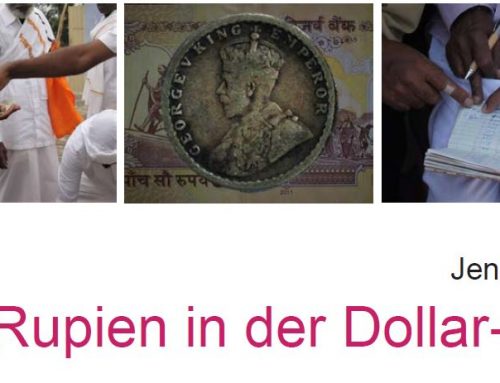
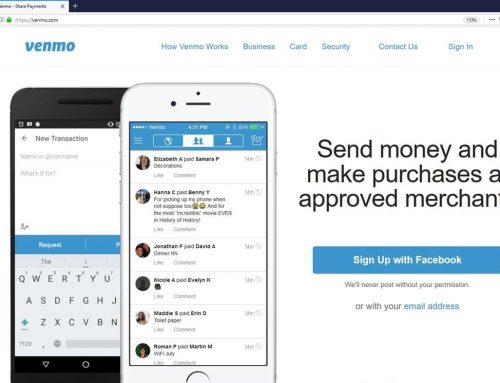
Leave A Comment